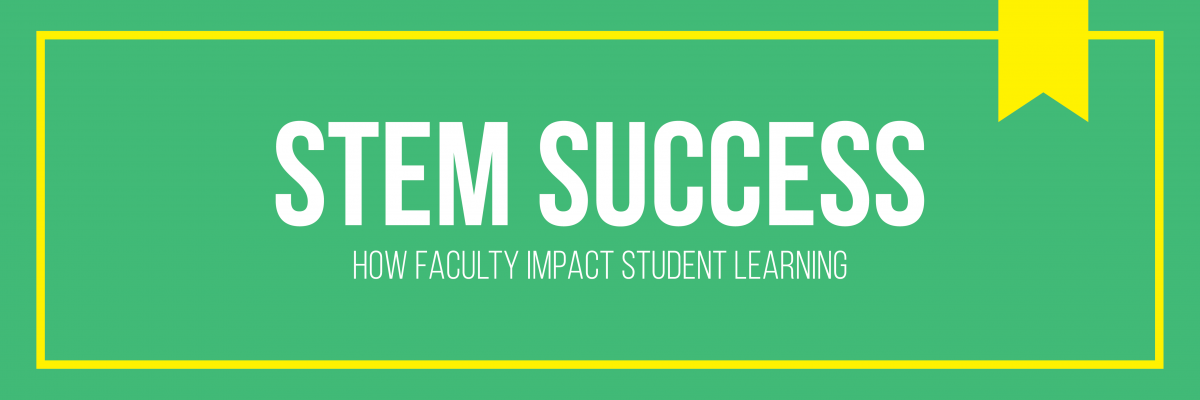1. Are your students at the associates or baccalaureate level?
Both levels.
2. Do you use different teaching strategies for associate level students than for baccalaureate level students? Why or why not?
Dissimilar nature of courses I teach demands different approaches. My associate level course is more focused on fundamentals, in contrast to the design-intensive course I teach in BTech.
3. What is metacognition and what concept from the chapter resonates with you and why?
Metacognition (MC) is thinking about thinking process, or simply, MC is self-awareness of thought process. Learners with metacognative awareness can better monitor, control, and assess their learning process, and hence become active-learners, and eventually self-learners.
The metacognative exercise on counting vowels was an interesting reminder to show: “we see only what we are looking for”, and easily can miss (or, deliberately filter out) other patterns, or information. Also, there is a line in the chapter that goes like this: “…it is absolutely not about what we say to our students, it’s about how they hear it.” It is very critical to constantly remind ourselves, and our students how open-mindedly we should see, hear, or in general perceive any sort of knowledge.
4. What are other factors that might influence student learning?
I hope forthcoming chapters will help us to get a more intimate knowledge on metacognition and how it impacts learning process in more details.



